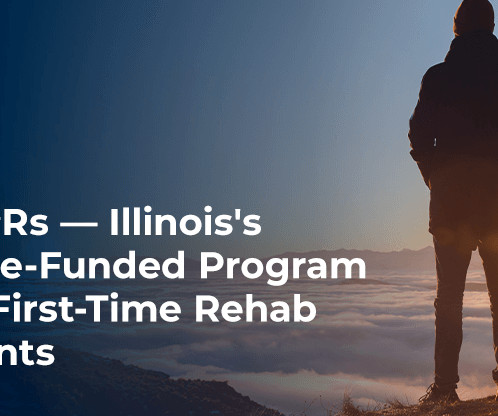Helping Schools Motivate Parents to Participate in their Child’s Autism Education Plan
Relias
SEPTEMBER 16, 2022
As a human services professional or educator, you spend a lot of time devising a great autism education plan for each of the children you care for. For these plans to prove as effective as possible, you need to make sure that the child’s parents agree with it and practice it a home. Communication.













Let's personalize your content